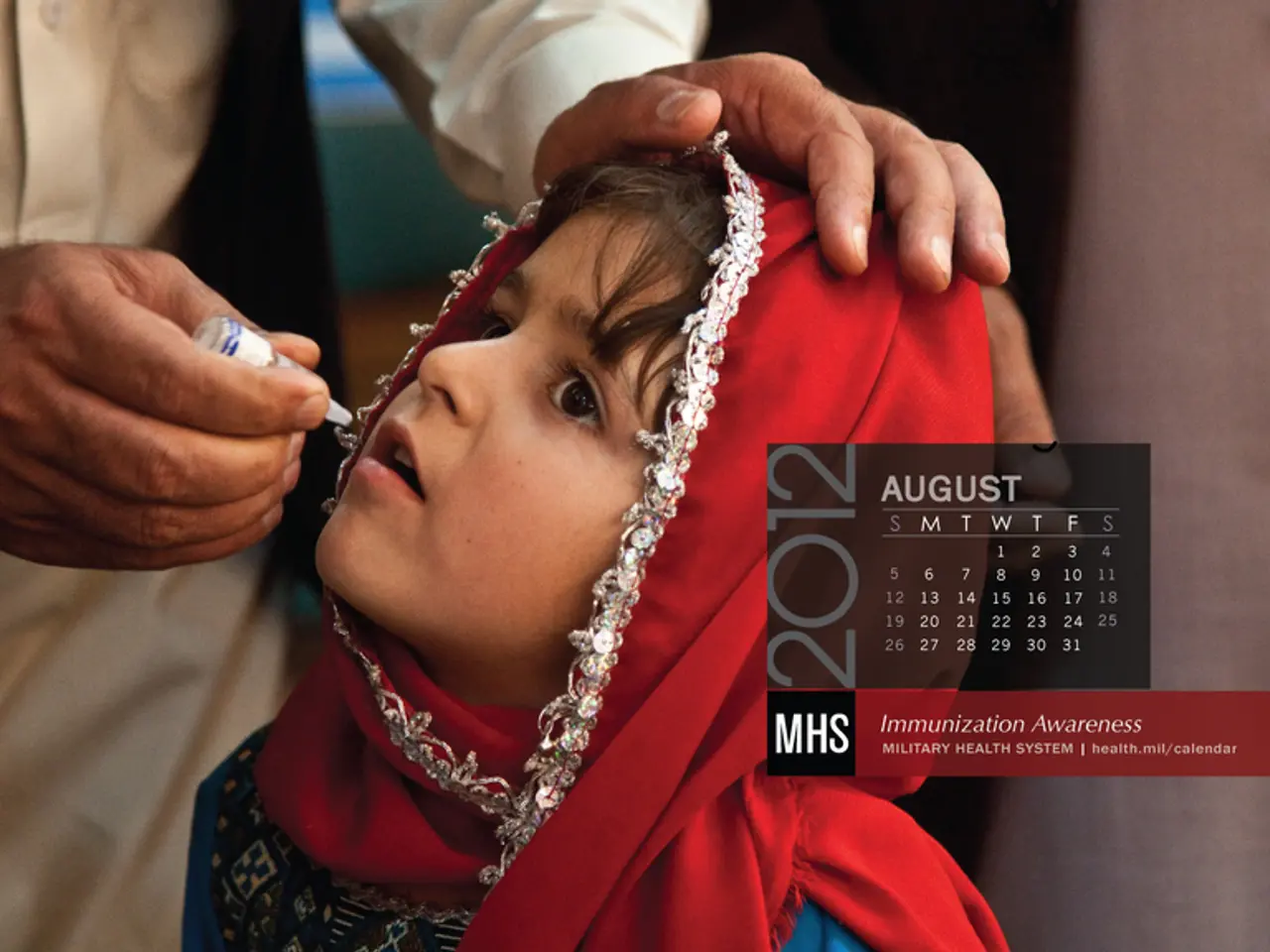Amidst a surge in diphtheria cases and limited access to vaccines, Somalia confronts a health crisis exacerbated by aid reductions.
The East African nation of Somalia has been grappling with a significant increase in Diphtheria cases and deaths this year, with over 1,600 cases and 87 deaths recorded so far. This alarming surge is a result of a global shortage of vaccines and the reduction in foreign aid, particularly from major Western donors like the United States, Britain, France, and Germany.
Before President Donald Trump's decision to cut most foreign assistance earlier this year, the United States was the leading humanitarian donor to Somalia. However, the aid cuts have had a profound impact on the country's healthcare system, causing vaccine shortages and the closure of hundreds of health clinics.
One of the victims of this crisis is Deka Mohamed Ali, a Somali woman who lost her 8-year-old son and now has two toddlers being treated for Diphtheria after fleeing fighting in the town of Ceeldheere. The disease, a bacterial infection that causes swollen glands, breathing problems, fever, and primarily affects children, is preventable with a vaccine that became widely available in the mid-20th century.
The Somali Health Minister, Ali Hajji Adam, has spoken about the struggle to procure enough vaccines due to the global shortage and US aid cuts. He stated that the situation has led to a decline in vaccination coverage and increased vulnerability to preventable diseases.
The closure of health clinics has also contributed to a doubling in the number of combined cases of various diseases since mid-April, according to aid group Save the Children. Childhood immunization rates in Somalia have improved over the past decade, but hundreds of thousands of children are still not fully vaccinated.
Hussein Abdukar Muhidin, the general director of Somalia's National Institute of Health, reported this increase, which is more than the total for all of 2024 (838 cases and 56 deaths). This year's figures far exceed the total for all of 2024, underscoring the severity of the situation.
The reduction in aid budgets by several international donors, including the United States and some European countries, in 2025 has had a significant impact on Somalia's immunization programs. The lack of vaccines and the closure of health clinics have left many children vulnerable to preventable diseases, exacerbating the ongoing health crisis in the country.








